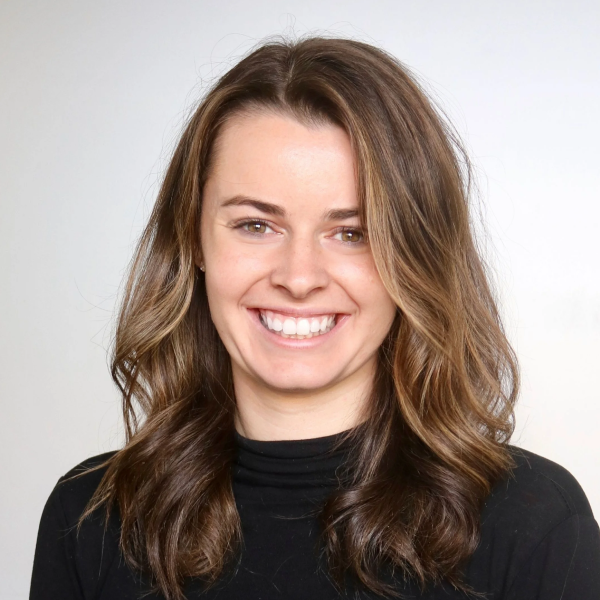We sat down with BenchSci's co-founder and Chief Data Officer, Elvis Wianda, to learn more about what he does at BenchSci and his path into STEM.
Tell us what you do at BenchSci?
As the Chief Data Officer at BenchSci, my job is to think about everything related to data, including collecting, understanding, and storing it. It's also my responsibility to make sure everyone on the engineering team appreciates the nature of the data we are dealing with and understands what we can get out of it.
What's your favorite part about working at BenchSci?
When I first started at BenchSci, my favorite thing about working here was the challenge of solving a complex problem. Now I would say it's the impact that I see BenchSci bringing to the research community. Specifically to pharmaceutical companies and their process of discovering new treatments and understanding new disease types.
As one of BenchSci's co-founders, how did you get connected to the company?
During my Ph.D., I wanted to learn more about web development and then I met Tom, a co-founder and Chief Science Officer at BenchSci.
I came on board to initially help with web development, but then something just clicked. I had biology and engineering experience, which made it easy for me to understand the platform's biology aspect while providing an engineering solution. I then transitioned from trying to develop the web app to understanding the data and the data collection.
What was your path into STEM?
I wouldn’t say it was necessarily a conscious decision. As a kid, I was good at science, so I naturally gravitated towards those subjects.
When it came time to go to university, I leaned towards studying science, technology, and engineering. I eventually decided on biochemistry because I felt that my decision would allow me to stay close to both biology and chemistry.
I went on to complete my master's in biomedical engineering in Germany. I then moved to Canada and enrolled in another master's program at McMaster University. I wanted to increase my engineering knowledge, so I chose to study electrical and computer engineering.
After the program finished, I was looking for what to do next. I knew I wanted to get my Ph.D. and stick to science. I ended up attending an open house at the University of Toronto (U of T) for the Medical Biophysics department. That's where I met my supervisor and got accepted to do a Ph.D. in medical biophysics.
That's been my journey that's led to where I am right now. I am always thinking about expanding my knowledge when it comes to science, technology, and engineering.
What have you learned from living in many different countries?
I moved from Cameroon to Spain and studied in Germany before coming to Canada. Living in all of these places allowed me to expand my awareness and appreciation for different cultures.
Beyond that, I made many connections and friendships that have enriched my personal and professional life.
My experiences have also helped me develop great empathy for immigrants trying to make meaningful contributions within their new environments. I can really appreciate the importance of creating equal opportunities for everyone.
Who is someone that has inspired you?
I would say, Bill Gates. As a kid, when I first got exposed to computers, I was so fascinated. I thought, “how can somebody even figure this out?” Bill Gates did it, and I wanted to be like that. I wanted to do something out of this world. But it's not just his work in science and technology that inspires me; it's also his humanitarian efforts.
If you could learn to do anything, what would it be?
I would love to learn to play every musical instrument that there is.
